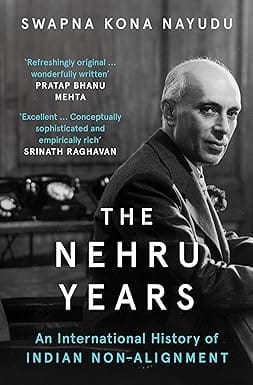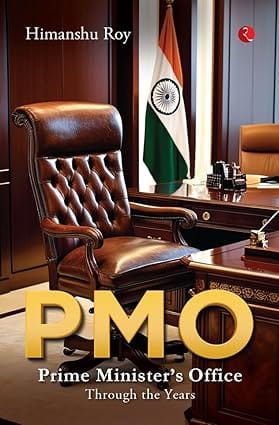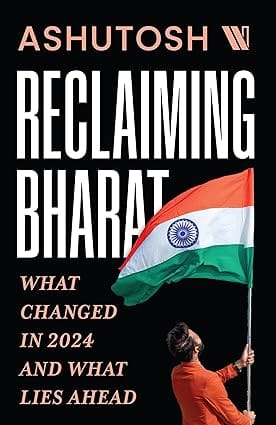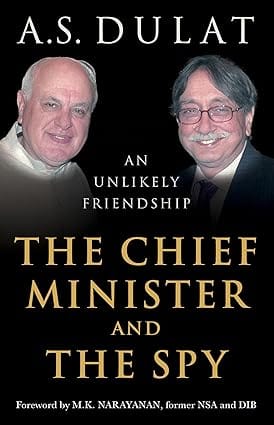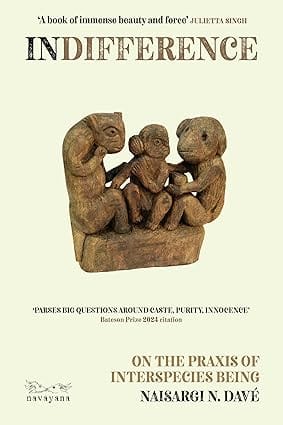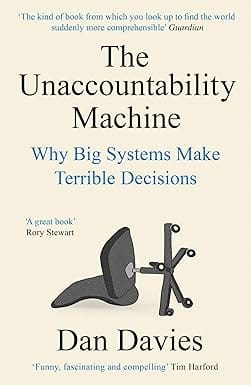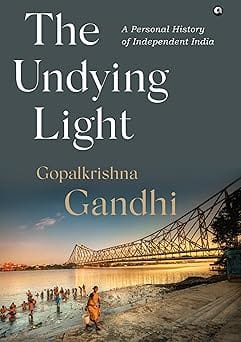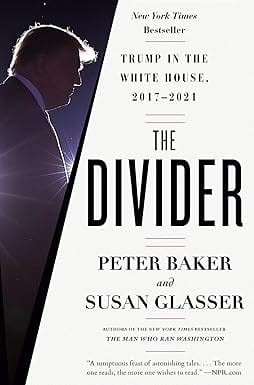-
Contemporary Fiction
- Contemporary Fiction
-
Children
- Children
-
Comics & Graphic Novels
- Comics & Graphic Novels
-
Non-Fiction
- Non-Fiction
-
Fiction
- Fiction
What is non-alignment? How is it different from multi-alignment or strategic diversification? Is it just an outdated form of Cold War foreign policy? Scholars of international relations, political thought, and India’s international and diplomatic history are increasingly interested in the relevance of non-alignment to Indian foreign policy. The origins of such policies and debates can be traced back to Jawaharlal Nehru’s conceptualization of non-alignment at the height of the Cold War.
In this deeply researched study of his years as prime minister (1947–1964), Swapna Kona Nayudu utilizes archival research in multiple languages to uncover Indian diplomatic influence in four major international events: the Korean War, the Suez Crisis, the Hungarian Revolution, and the Congo Crisis. Through this detailed examination, she explores the contested meaning of nonalignment, a policy almost unique in its ambiguity and its centrality to a nation’s political life.
The resulting international history takes on one of the most controversial concepts in the history of modern India and gives us a study of India’s diplomatic position as the only non-aligned founding member of the United Nations.
About the Author
The Nehru Years An International History Of Indian Non-alignment
SIZE GUIDE
- ISBN: 9789353459604
- Author: Swapna Kona Nayudu
- Publisher: Juggernaut
- Pages: 352
- Format: Hardback
Book Description
What is non-alignment? How is it different from multi-alignment or strategic diversification? Is it just an outdated form of Cold War foreign policy? Scholars of international relations, political thought, and India’s international and diplomatic history are increasingly interested in the relevance of non-alignment to Indian foreign policy. The origins of such policies and debates can be traced back to Jawaharlal Nehru’s conceptualization of non-alignment at the height of the Cold War.
In this deeply researched study of his years as prime minister (1947–1964), Swapna Kona Nayudu utilizes archival research in multiple languages to uncover Indian diplomatic influence in four major international events: the Korean War, the Suez Crisis, the Hungarian Revolution, and the Congo Crisis. Through this detailed examination, she explores the contested meaning of nonalignment, a policy almost unique in its ambiguity and its centrality to a nation’s political life.
The resulting international history takes on one of the most controversial concepts in the history of modern India and gives us a study of India’s diplomatic position as the only non-aligned founding member of the United Nations.
About the Author
Related Books
User reviews
NEWSLETTER
Subscribe to get Email Updates!
Thanks for subscribing.
Your response has been recorded.

India's Iconic & Independent Book Store offering a vast selection of books across a variety of genres Since 1978.
"We Believe In The Power of Books" Our mission is to make books accessible to everyone, and to cultivate a culture of reading and learning. We strive to provide a wide range of books, from classic literature, sci-fi and fantasy, to graphic novels, biographies and self-help books, so that everyone can find something to read.
Whether you’re looking for your next great read, a gift for someone special, or just browsing, Midland is here to make your book-buying experience easy and enjoyable.
We are shipping pan India and across the world.
For Bulk Order / Corporate Gifting
 +91 9818282497 |
+91 9818282497 |  [email protected]
[email protected]
Click To Know More
INFORMATION
POLICIES
ACCOUNT
QUICK LINKS
ADDRESS
Shop No.20, Aurobindo Palace Market, Near Church, New Delhi

